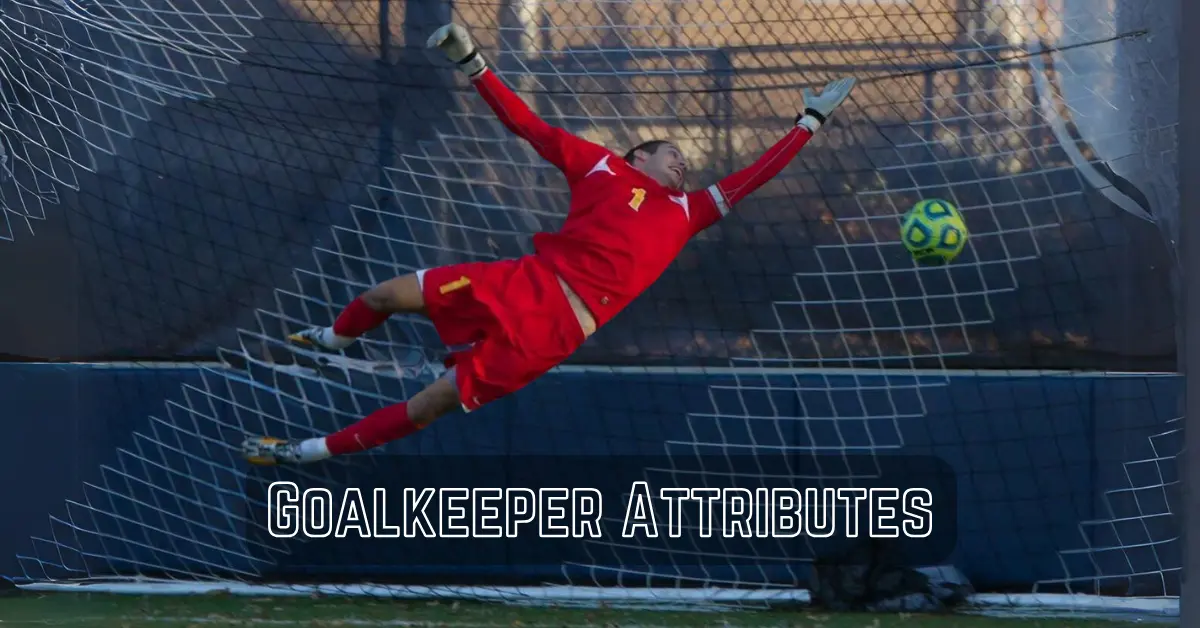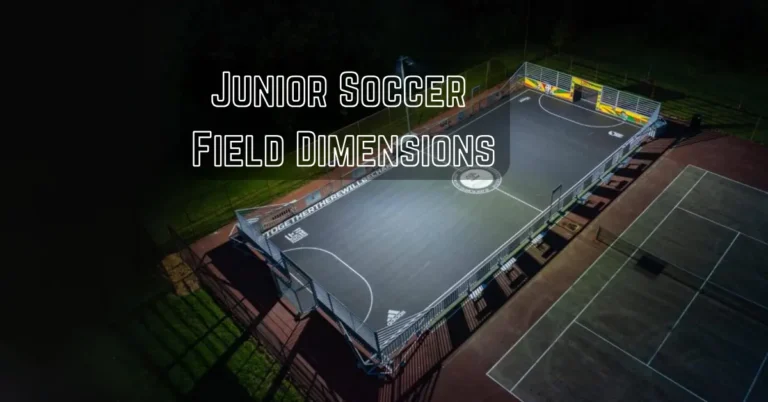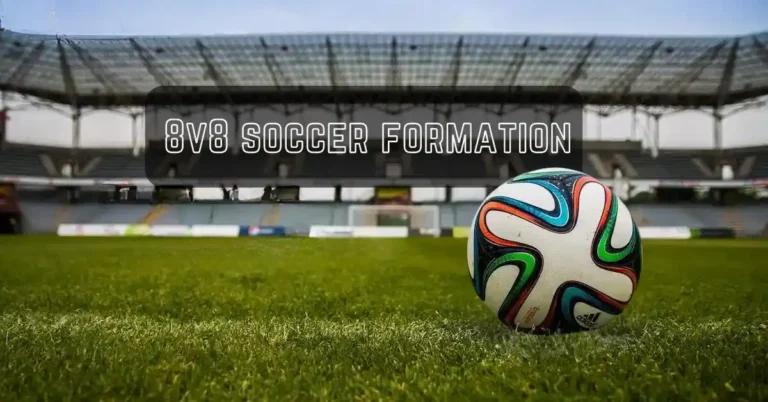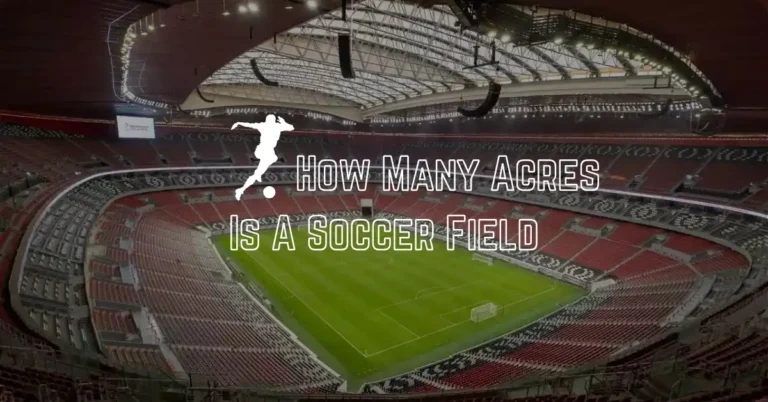Goalkeeper Attributes – Qualities And Skills Of A Goalkeeper
In the beautiful game of soccer, the goalkeeper stands as the last line of defense, he is a pivotal player. The goalkeeper’s attributes can make or break a team. His primary duty is to prevent the opposing team from scoring, beyond shot-stopping, a goalkeeper also contributes to the team’s build-up play.
Attributes of a Goalkeeper
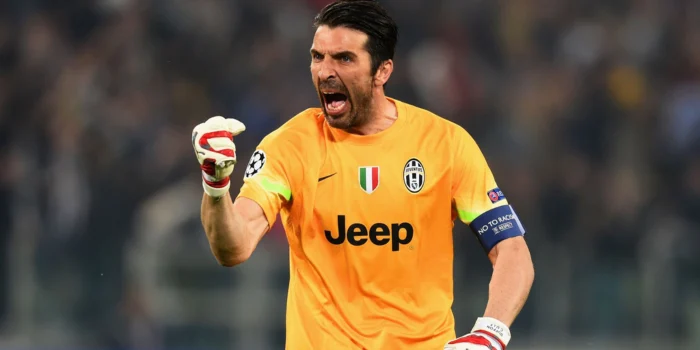
A goalkeeper has the most important role in the field, so, a successful goalkeeper combines technical prowess, communication, positioning, and mental strength to contribute significantly to the team’s defensive efforts. Here are all the qualities that a goalkeeper should have.
Psychological attributes of a goalkeeper
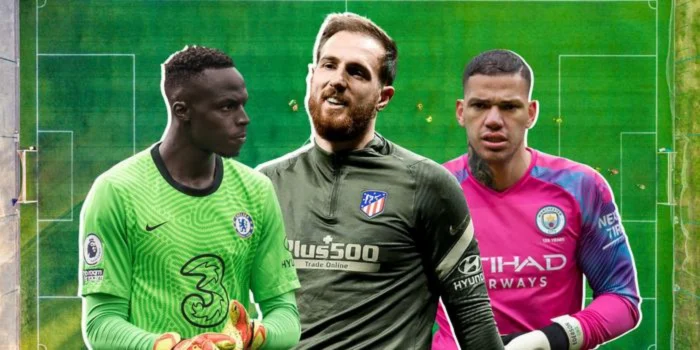
Mental Resilience
Goalkeepers need to be mentally resilient to handle the pressure of high-stakes situations. They should be able to recover from mistakes quickly, stay focused, and maintain confidence throughout the game.
Concentration
Strong concentration is crucial for goalkeepers, especially during periods of inactivity. They must remain alert and focused to react swiftly to sudden changes in the game and be ready for shots on goal at any moment.
Quick Decision-Making
Goalkeepers must possess the ability to make rapid decisions in dynamic and unpredictable situations. Quick thinking allows them to anticipate opponents’ movements, position themselves effectively, and make split-second choices to prevent goals.
Confidence
Confidence is key for goalkeepers. Believing in their skills and decision-making abilities not only boosts their performance but also instills trust in the team. A confident goalkeeper can inspire and lead the defensive unit effectively.
Calm Demeanor
Goalkeepers should maintain a calm demeanor, especially during high-pressure moments. Staying composed allows them to make rational decisions, communicate effectively with the defensive line, and prevent emotional reactions that could impact performance.
See Also At What Age Do Soccer Players Retire?
Tactical attributes of a goalkeeper
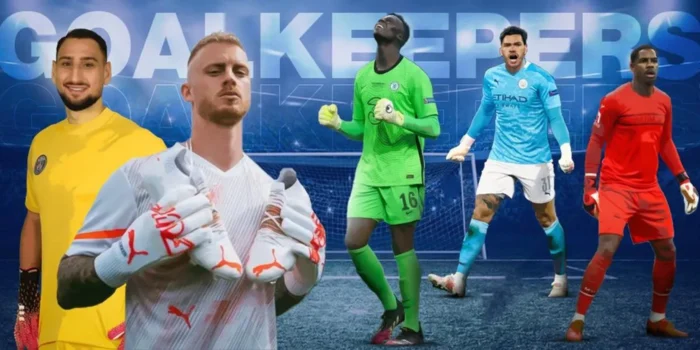
Distribution Skills
A goalkeeper’s ability to distribute the ball strategically is crucial for initiating counterattacks and maintaining possession. This includes accurate throws, precise goal kicks, and skillful passing to teammates.
Communication
Effective communication is vital for goalkeepers to coordinate with the defensive line. They must organize the defenders, provide instructions, and convey information about the opponent’s movements to ensure a cohesive and well-structured defense.
Reading the Game
Goalkeepers need to be astute in reading the flow of the game. This involves anticipating the opponent’s strategies, recognizing patterns in their play, and adjusting their positioning and decision-making accordingly.
Sweeper-keeper Abilities
Modern goalkeepers are often required to act as “sweeper-keepers,” contributing to defensive plays outside the penalty area. This involves knowing when to advance and clear the ball or intervene in plays unfolding away from the goal.
Game Management
Goalkeepers should have a sense of game management, understanding when to slow down the pace to control the game or speed it up during critical moments. This tactical awareness contributes to overall team strategy and control of the match.
See Also Common Knee Injuries From Soccer
social attributes of a goalkeeper
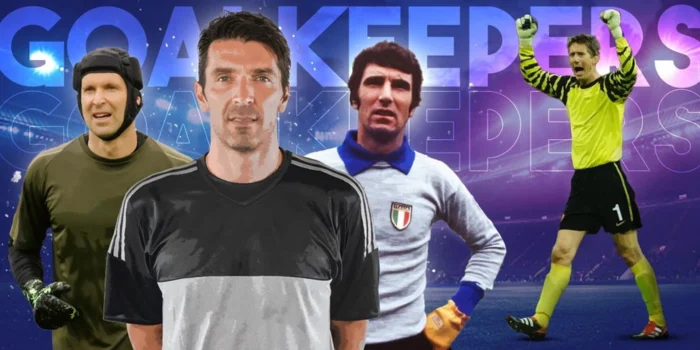
Leadership
Goalkeepers often serve as leaders on the field, commanding the defensive line and providing vocal guidance to the entire team. Their ability to lead by example and inspire confidence in teammates is a valuable social attribute.
Team Player
Despite their role, goalkeepers must be team players. They interact closely with defenders, midfielders, and forwards, requiring effective communication and cooperation to ensure a cohesive and well-coordinated defensive unit.
Encouragement
Goalkeepers play a crucial role in boosting team morale. Offering words of encouragement, especially during challenging moments, helps maintain a positive atmosphere on the field and reinforces a sense of unity among players.
Sportsmanship
Goalkeepers set an example of sportsmanship through their actions and reactions. Displaying fair play, respect for opponents, and accepting both victories and defeats gracefully contributes to a positive team culture and enhances the overall spirit of the game.
See Also Ectomorph Soccer Players
Technical attributes of a goalkeeper
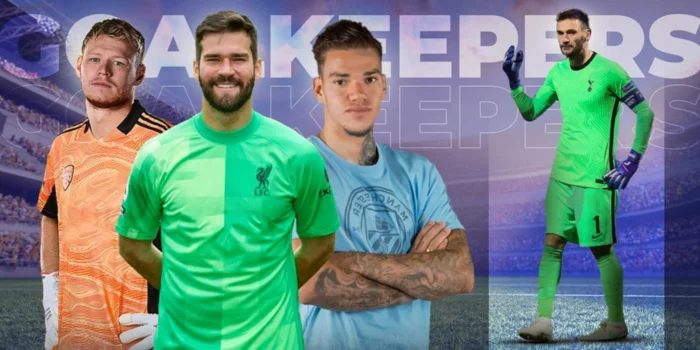
Shot-Stopping Skills
One of the primary technical attributes of a goalkeeper is their ability to make crucial saves. This involves using proper technique, quick reflexes, and a strong understanding of positioning to deny opponents’ shots on goal.
Handling
Goalkeepers need excellent handling skills to catch securely or parry shots and crosses. Proper catching technique and the ability to control the ball, especially in crowded or high-pressure situations, are critical for maintaining possession and preventing rebounds.
Footwork
A goalkeeper’s footwork is essential for quick and precise movement across the goal area. Good footwork aids in positioning, agility, and the ability to cover the goal effectively. It also contributes to the goalkeeper’s readiness to dive or make lateral movements.
Distribution Techniques
Goalkeepers should possess varied distribution techniques, including accurate throwing, precise goal kicks, and skillful passing with both feet. The ability to initiate attacks and transition quickly from defense to offense is a key technical aspect of modern goalkeeping.
Aerial Ability
Goalkeepers need strong aerial ability to deal with crosses, high balls, and set-pieces. This involves proper timing, judgment of the flight of the ball, and the ability to confidently claim or punch the ball clear to eliminate aerial threats in and around the penalty area.
See Also Is Soccer Better Than Football?
Physical attributes of a goalkeeper
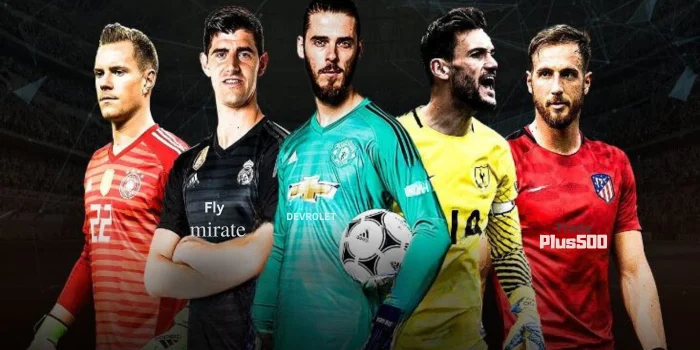
Agility
Goalkeepers require high levels of agility to move quickly and responsively across the goalmouth. This attribute is crucial for making rapid dives, quick lateral movements, and agile adjustments to changes in the ball’s direction.
Strength And Fitness
Physical strength and physical fitness are important for goalkeepers, especially when dealing with aerial challenges, holding off opponents in crowded goalmouth situations, and executing powerful goal kicks. A strong and stable physical presence contributes to their overall effectiveness on the field.
Quick Reflexes
Goalkeepers must have exceptional reflexes to react swiftly to shots on goal. Quick reflexes enable them to make split-second decisions and execute saves, often in high-pressure situations where reaction time is critical.
Speed
Goalkeepers need speed to cover their goal area effectively. Speed is a valuable physical attribute for goalkeepers, whether it’s rushing off the goal line to intercept through balls or quickly closing down on an opponent in a one-on-one situation.
Jumping Ability
A goalkeeper’s jumping ability is vital for dealing with aerial threats, such as high crosses and shots. The ability to time jumps accurately, reach high balls, and gain an advantage in aerial duels contributes significantly to their shot-stopping capabilities.
Best Goalkeepers of all time
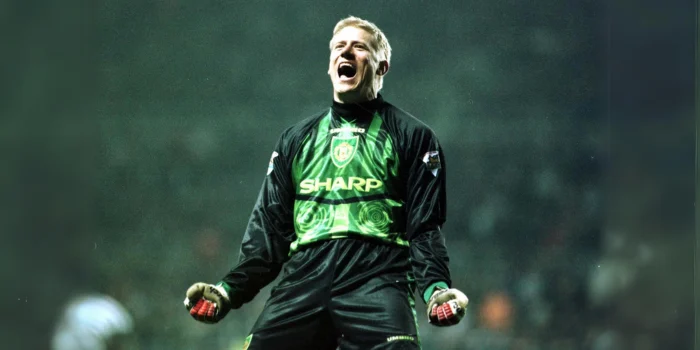
Here are some of the best goalkeepers in the world with their iconic awards.
| No. | Goalkeeper | Country | Iconic Awards |
|---|---|---|---|
| 1 | Peter Schmeichel | Denmark | UEFA European Championship (1992), FIFA Confederations Cup (1995) |
| 2 | Manuel Neuer | Germany | FIFA World Cup (2014), UEFA Champions League (2012–13) |
| 3 | Iker Casillas | Spain | FIFA World Cup (2010), UEFA European Championship (2008, 2012) |
| 4 | Gianluigi Buffon | Italy | FIFA World Cup (2006), UEFA Cup (1998–99) |
| 5 | Gordon Banks | England | FIFA World Cup (1966), FWA Footballer of the Year (1972) |
| 6 | Dino Zoff | Italy | FIFA World Cup (1982), UEFA European Championship (1968) |
| 7 | Ederson | Brazil | Premier League Golden Glove (2019–20, 2020–21) |
| 8 | Alisson Becker | Brazil | Copa America (2019), Premier League Golden Glove (2018–19, 2019–20) |
| 9 | Lev Yashin | Soviet Union | FIFA World Cup (1966), Ballon d’Or (1963) |
FAQs
A goalkeeper is a player responsible for defending the goal and preventing the opposing team from scoring by stopping shots.
Goalkeepers need skills such as shot-stopping, distribution, communication, and strong positional play.
A goalkeeper is expected to make crucial saves, communicate effectively with the team, and contribute to organizing the defense.
Goalkeeper stats include saves, clean sheets, goals conceded, save percentage, and distribution accuracy.
Conclusion
A successful goalkeeper is a well-rounded athlete who combines technical prowess, physical prowess, psychological resilience, social acumen, and tactical intelligence. As the custodian of the goal, a goalkeeper’s multifaceted attributes not only define their success but also play a crucial role in the overall success of the team. The goalkeeper stands as a testament to the intricate balance between skill, strategy, and leadership on the soccer field.

